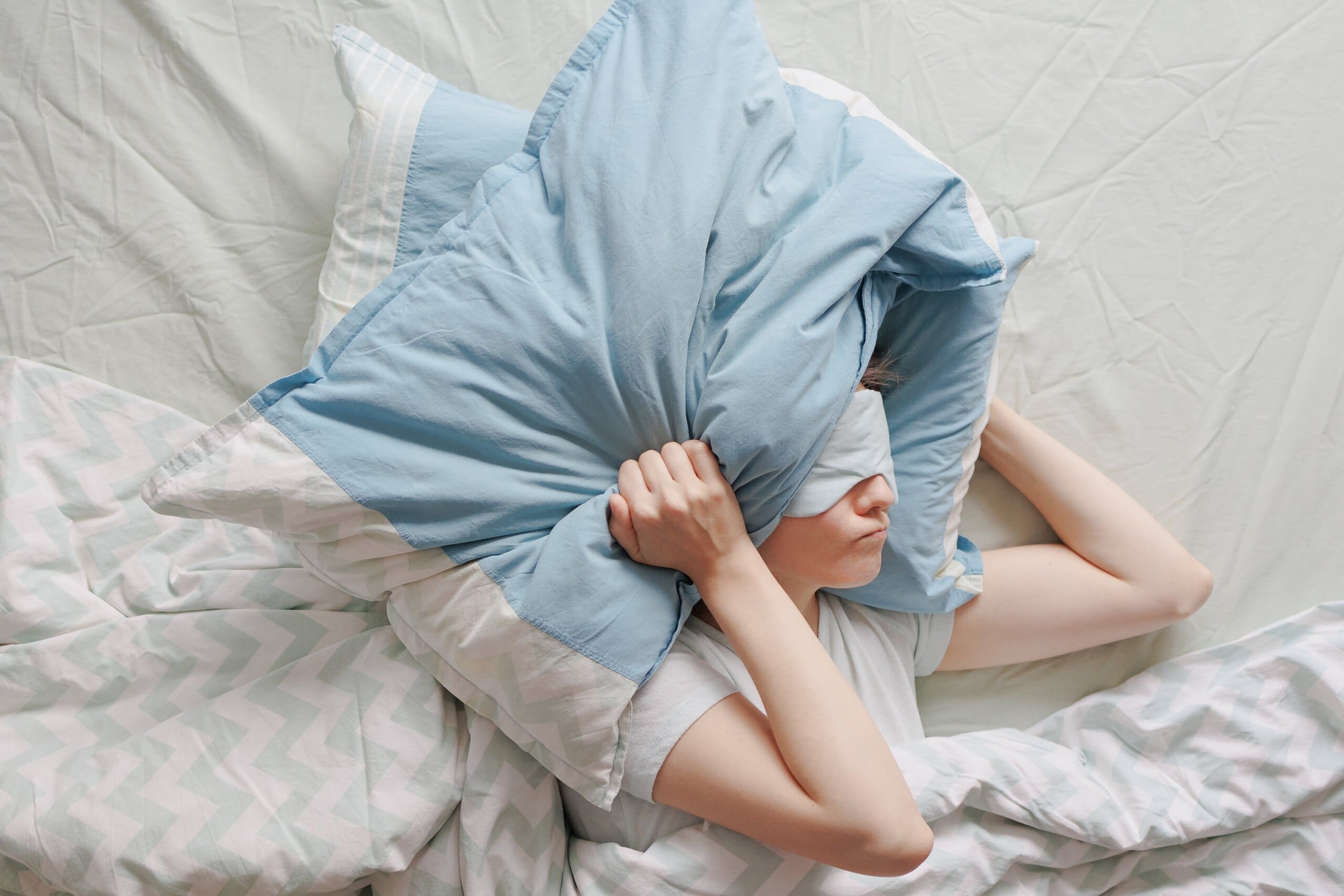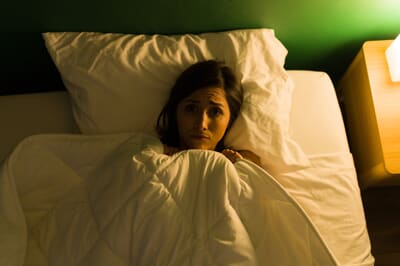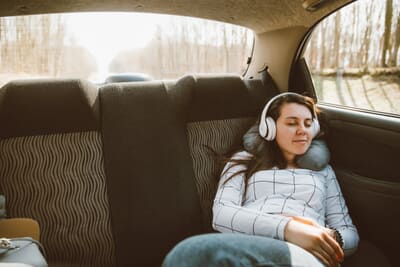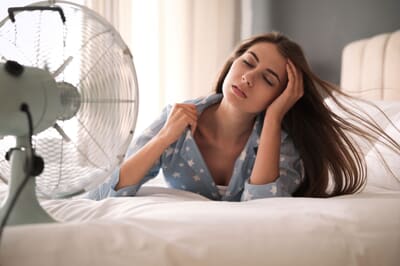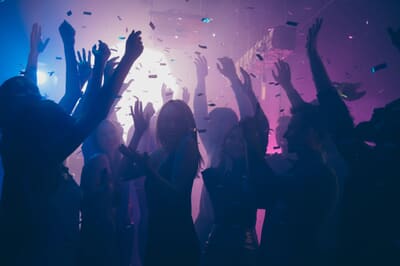Sleep is fundamental to our well-being – it plays a crucial role in our physical and mental health, and we know that your sleep environment can have a major impact on whether you get a good or a bad night’s sleep! But did you know that different US States can actually be more or less likely to have a good sleep environment?
Unfortunately, this is because there are quite a few uncontrollable external factors like noise pollution and crime rates which mean that having a good night’s sleep may not always be achievable.
We did a little digging and found some key sleep factors to create the ‘Worst States for a Good Night’s Sleep’ index, including noise pollution, mental health levels, stress levels, sleep aid searches, green scores, and crime levels. We then ranked the data in order of which States are most likely to have a bad night’s sleep or not. Curious to know who came out on top? Whether you're planning a holiday to the States or are a resident, keep reading to find out!
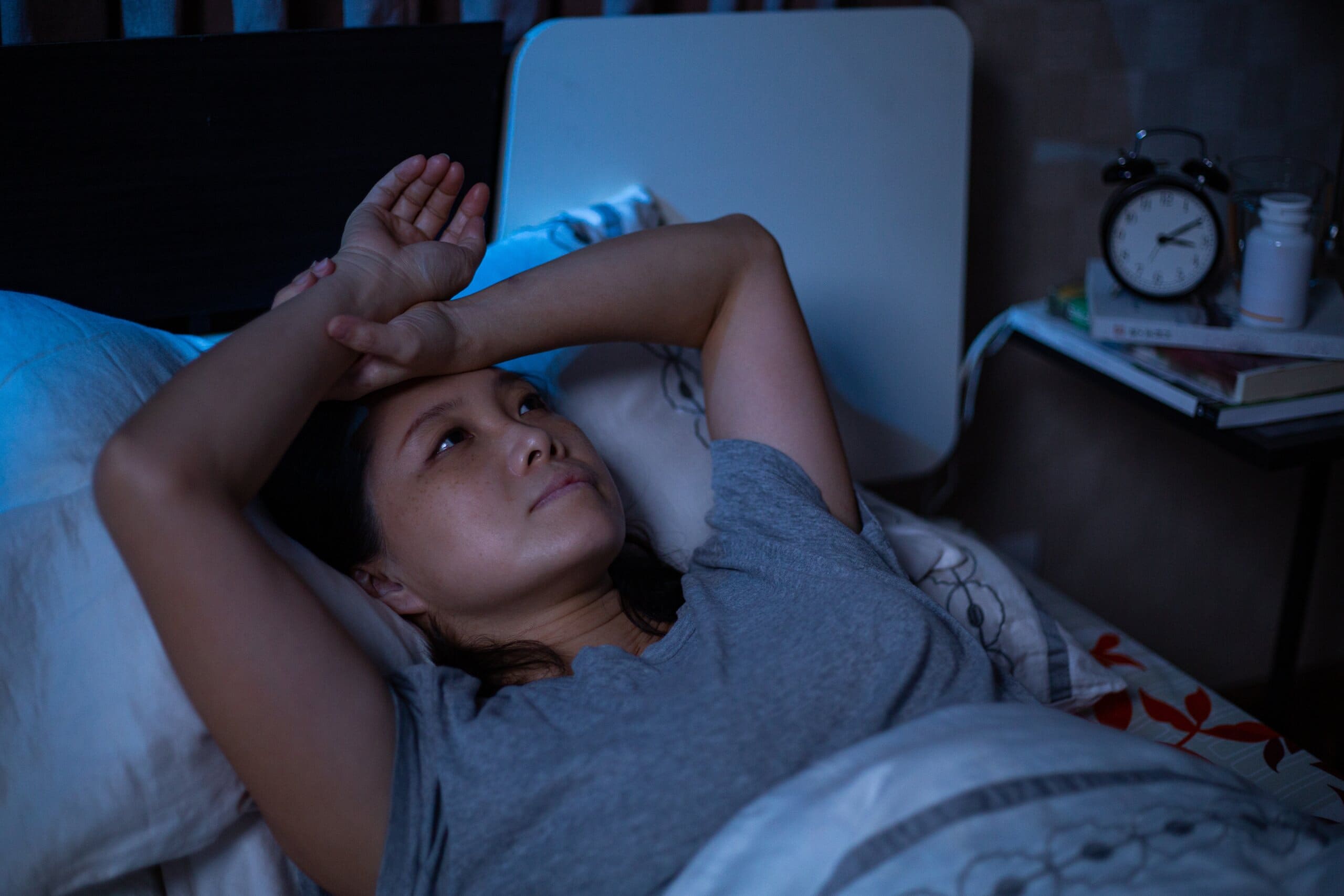
Top 15 worst States for a good night’s sleep
- Alaska – Alaska came in as our worst State for getting a good night's sleep. It has the coldest average annual temperature at 26.6 Fahrenheit and the second-highest crime rate per 100,000 people! Both of these factors can make it difficult for you to get into a phase of deep sleep – having too extreme of a temperature and too much stress can make it difficult for your body and brain to relax.
- California – Coming in second place is California, which ranked the worst for both noise pollution and the number of searches for sleep aids. California also came very high on the scale of states that suffer from noise pollution, with the bulk of California’s population living in big cities like San Diego and Los Angeles.
- West Virginia – West Virginia had the lowest green score out of all of the states, meaning that they have the least amount of contributions to environmental issues such as climate change and environment quality such as green spaces. West Virginia also had one of the highest volumes of population with mental health disorders, which can have a big impact on the quality of sleep that you can get.
- New Mexico – In fourth, New Mexico suffers from some of the highest crime rates of any of the U.S. states, which can increase stress levels and concerns about security. This can make it hard for you to get a solid night’s sleep, as the stress hormones will keep you in fight or flight mode and make it difficult to get into deep sleep.
- Louisiana – Very similar to Alaska, Louisiana experiences extreme temperatures, although this time it can be too hot to get some good sleep! They also experience the highest stress levels of any state, another contributing factor to not being able to get those Z’s in.
The other 10 states that came up in our top 15 are:
- Texas
- Arizona
- Oregon
- Arkansas
- Nevada
- Oklahoma
- New York
- Tennessee
- Alabama
- Illinois
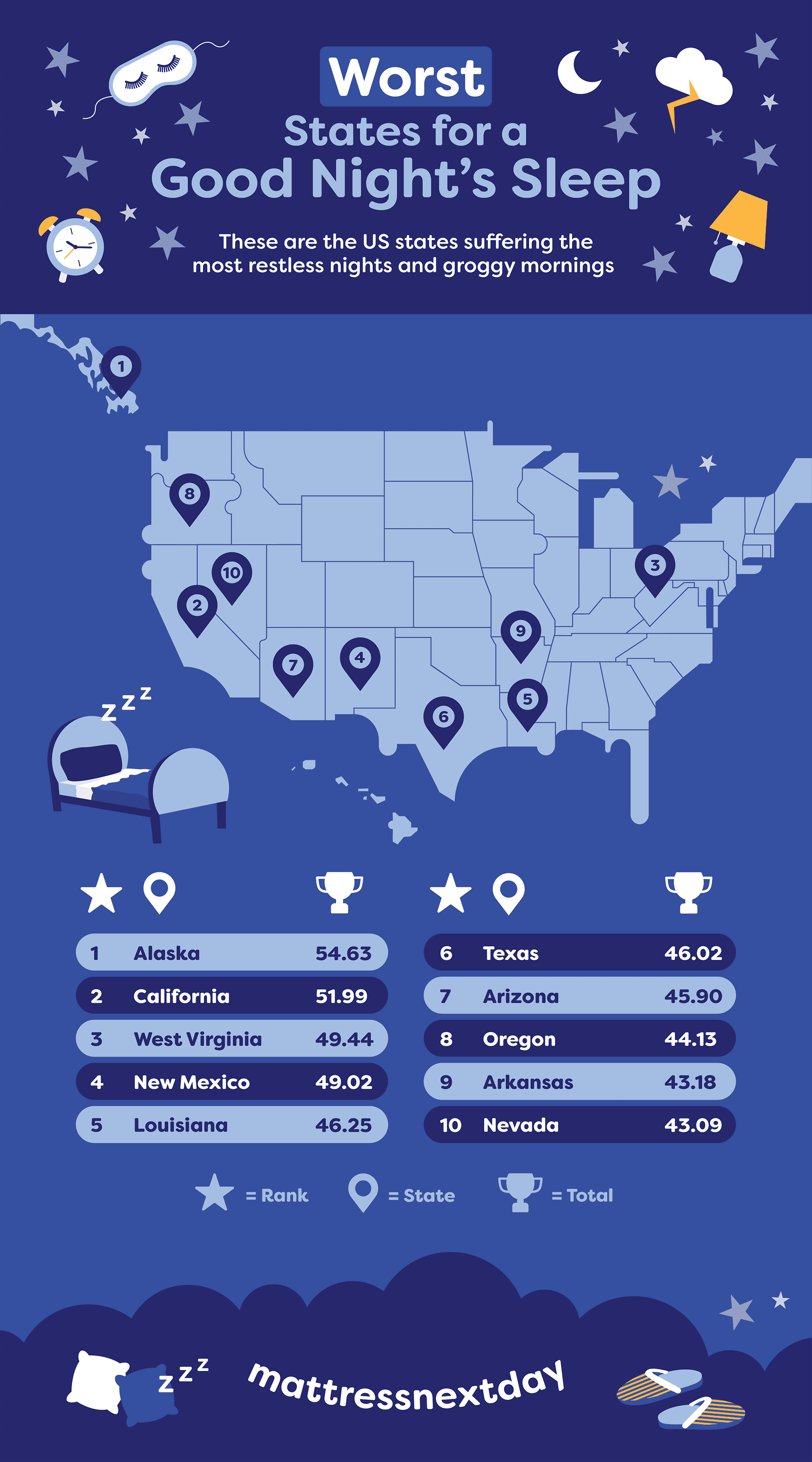
Five tips to create the ideal sleeping environment
No matter where your state ranks on the ‘Worst States for a Good Night’s Sleep’ index, there are still ways you can create a good sleeping environment. Here are the top five tips from our CEO and Sleep Expert, Martin Seeley:
- Control noise levels - Noise can disrupt your sleep quality significantly, so it’s a good idea to invest in earplugs, white noise machines, or soundproofing materials to minimise disturbances. By managing the noise around you, you can create a more tranquil sleep environment conducive to restorative sleep.
- Prioritise your safety - Feeling safe and secure is essential for quality sleep, especially in areas with higher crime levels! You could enhance your security measures by fitting alarms, locks, and motion-sensor lights to ease any anxiety. It’s also a great idea to practice relaxation techniques that can also help alleviate stress related to safety concerns, promoting better sleep for you.
- Manage your mental health - Mental health issues can profoundly impact your sleep quality for lots of different reasons. If you feel that mental health is a contributing factor to your lack of quality sleep, you could try establishing calming bedtime routines and integrating mindfulness or meditation practices into your daily habits. Seeking professional help from therapists or counsellors can also provide you with valuable support in managing mental health challenges and improving your sleep.
- Regulate the temperature and light - Temperature and light levels play crucial roles in sleep quality. Optimise your room temperature using appropriate bedding and climate control devices to ensure comfort throughout the night. Additionally, control light exposure by using blackout curtains, dimming lights, or wearing eye masks to promote the body's natural sleep-wake cycle.
- Establish a routine - Consistency is key to quality sleep. Stick to a regular sleep schedule by going to bed and waking up at the same time every day, even on weekends. Create a calming pre-sleep routine that signals to your body it's time to wind down, such as reading a book or taking a warm bath. Limiting caffeine and alcohol intake, especially in the hours leading up to bedtime, can also support better sleep hygiene and overall sleep quality. By establishing a routine, you help synchronise your body's internal clock, making it easier to fall asleep and wake up feeling refreshed.
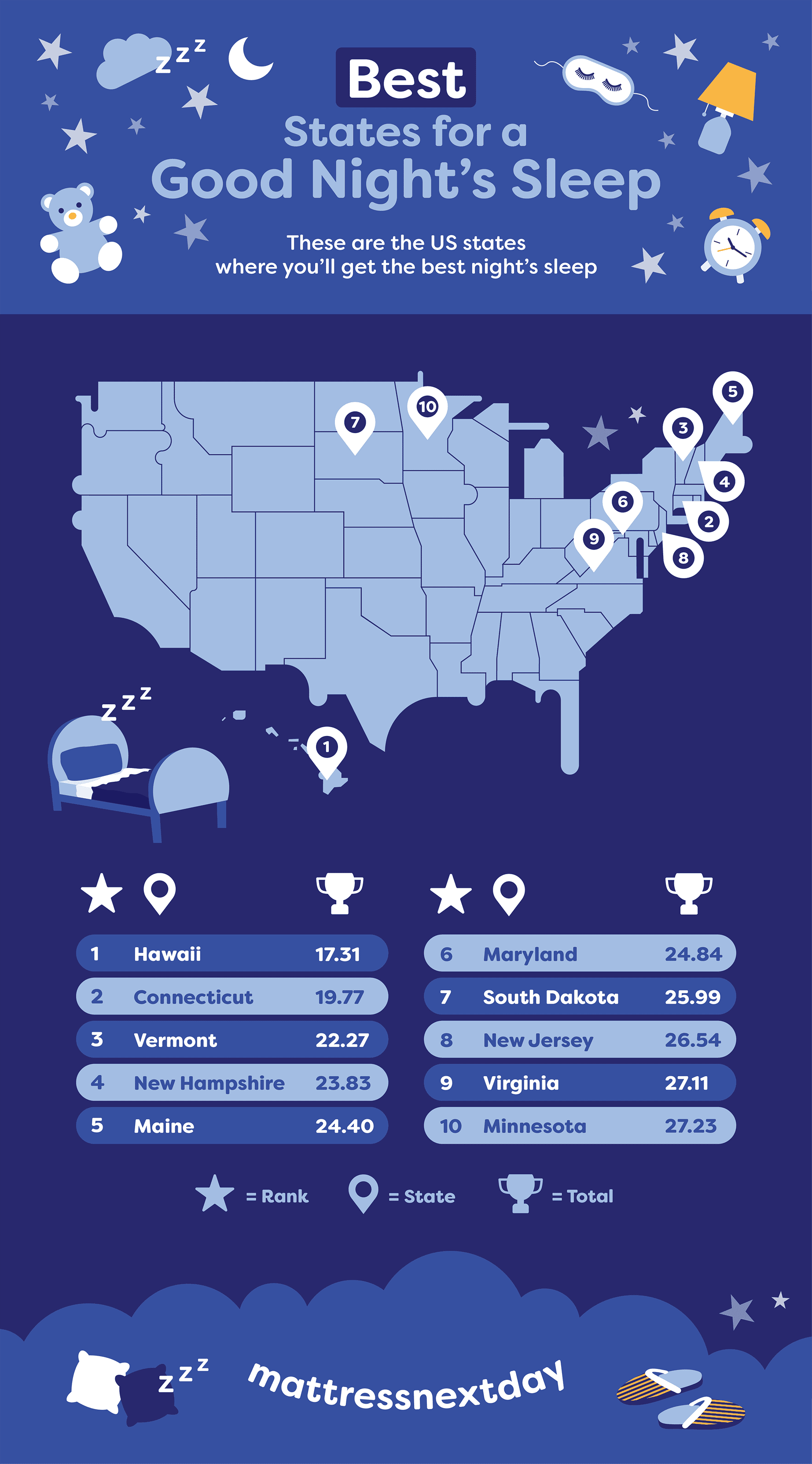
Methodology
This dataset ranks all US states, based on how bad they are for a night's sleep. To do this, 7 different factors were used. Once the data for the factors was collected, the factors were then normalised, to provide each factor with a score between 0 and 1.
If data was not available, a score of 0 was given. The normalised values were then summed, to give each location a total score out of 70. The locations were then ranked from highest to lowest, based on their total scores.
The factors used are as follows:
- Noise Pollution - The percentage of the population exposed to 60+ dB noise.
- Mental Health - The percentage of the population who suffer from a mental health disorder.
- Stress Level Score - A score indicating the level of stress within each state with 100 representing the highest stress level.
- Average Annual Temperature - The average temperature for the year in each state.
- Crime Rate - The number of reported violent crimes per 100,000 population.
- Search Volume - The number of searches for "sleep aid" in each state between Mar 23 - Feb 24.
- Green Score - A score indicating the greenness of each state using climate change contributions, environmental quality etc.
The factors were indexed as follows:
- Noise Pollution - High values get a high score. Low values get a low score.
- Mental Health - High values get a high score. Low values get a low score.
- Stress Level Score - High values get a high score. Low values get a low score.
- Average Annual Temperature - Low values get a high score. High values get a low score.
- Crime Rate - High values get a high score. Low values get a low score.
- Search Volume - High values get a high score. Low values get a low score.
- Green Score - Low values get a high score. High values get a low score.
All data is correct as of 05/04/24. The ranking data shown is a compilation of multiple data sources and may not be representative of real life. All data is accurate concerning the sources provided.
